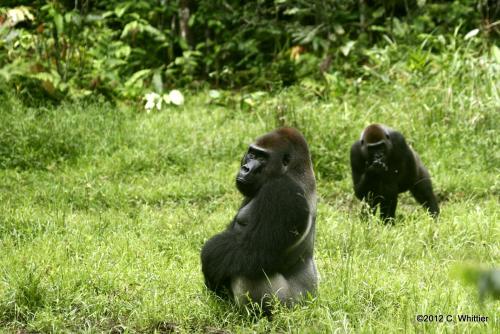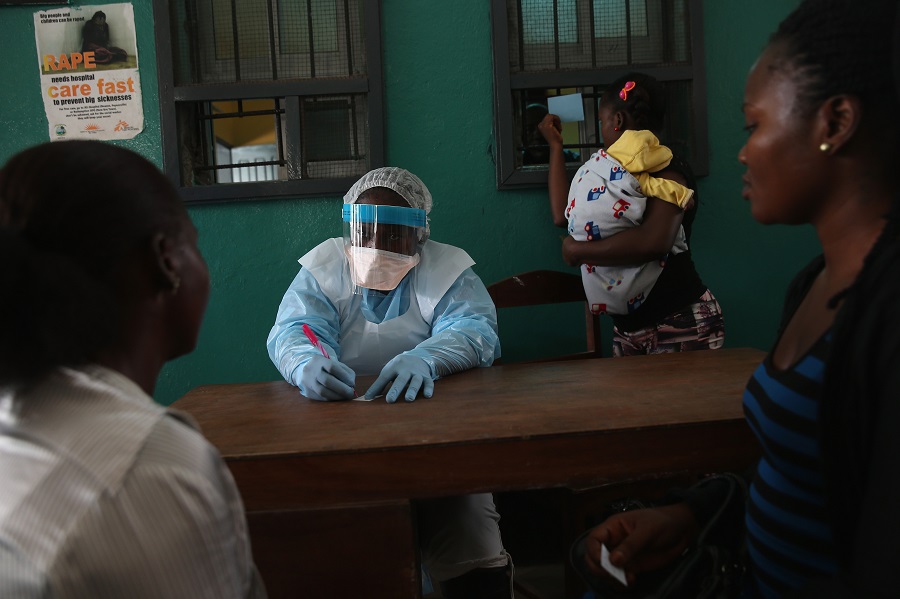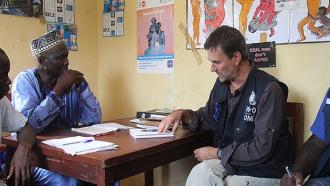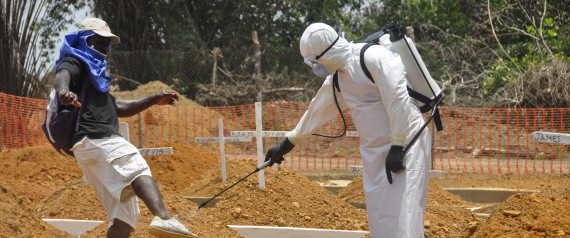You are here
Thu, 2013-07-04 12:32 — mdmcdonald
The Guinea Resilience System working group is focused on the development of Resilience Systems in Guinea.
The mission of the Guinea Resilience System working group is to develop Resilience Systems and their nested subsystems in Guinea.
Add Content to this group
Members
| Abdoulaye Drame | Aboubacar Conte | Anthony | Boubacar Kaba | Carrielaj | Chisina Kapungu |
| Elhadj Drame | Hadiatou Balde | Ismael Dioubate | John Wysham | Kathy Gilbeaux | Lancine Konate |
| Mamadou Diallo | Mamadou Moustap... | Mamadou Sylla | mdmcdonald | MDMcDonald_me_com | mike kraft |
| Norea | Souleymane Drame |
Email address for group
guinea-resilience-system@m.resiliencesystem.org

 These are western lowland gorillas, one of the great ape species threatened by Ebola. Credit: Copyright 2012 Chris Whittier
These are western lowland gorillas, one of the great ape species threatened by Ebola. Credit: Copyright 2012 Chris Whittier





 sciencedirect.com - June 2014
sciencedirect.com - June 2014
Recent Comments